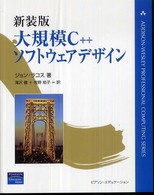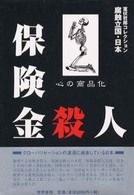Full Description
How was baseball used to promote U.S. values in occupied Japan? The first post-war Japanese professional baseball game was held on November 23, 1945, just 100 days after the end of World War II. During the occupation of Japan, GHQ sought to suppress and regulate budo (Japanese martial arts) as a relic of Japanese pre-war militarism but encouraged the playing and watching of baseball games as an effective teamwork- and sportsmanship-building tool. Baseball in Occupied Japan examines the revival of Japanese baseball in the occupation era, focusing on how the U.S. government carried out its cultural diplomacy policy within the arena of sports. The chapters hone in on various means by which the U.S. via GHQ controlled and fostered sports in Japan as a form of cultural diplomacy, including the propagation of the image of Jackie Robinson as an example of American unification, the San Francisco Seals' tour of Japan, the promotion of sports through CIE films, and the prohibition of martial arts such as kendo.








